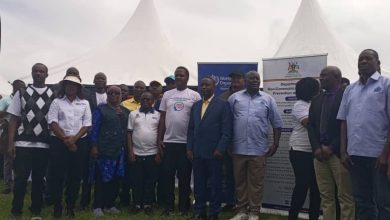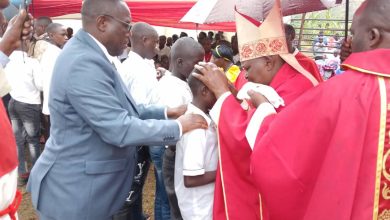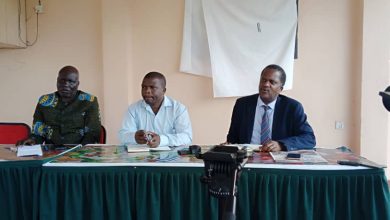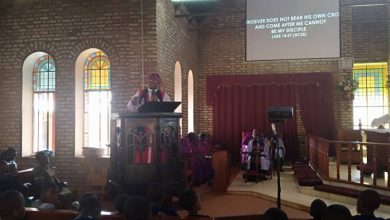Kabale District Local Government Passes a Preliminary Resource Envelope of Uganda Shillings 45,751,319,000/- for the Financial Year 2025-25.
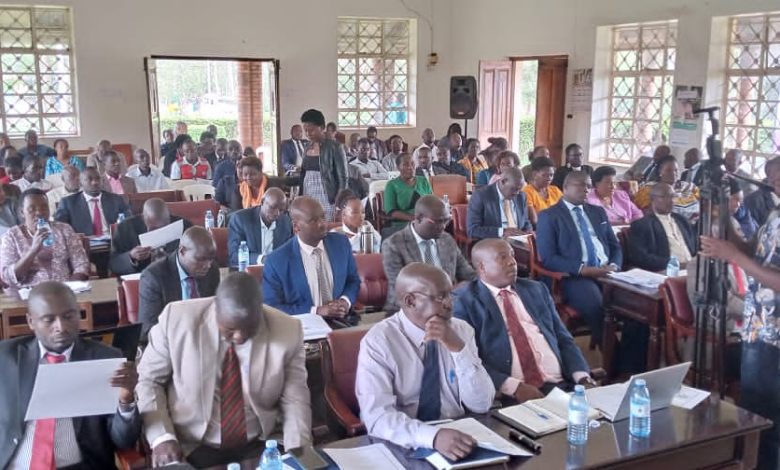
Kabale District Local Government Budget Conference has Passed a Preliminary Resource Envelope of Uganda Shillings 45,751,319,000/- for the Financial Year 2025-26.
The Budget Conference which was headed by Kabale District Chairperson, LCV Hon. Nelson Nshangabasheija, Kabale District Chief Administrative Officer, CAO Mr. John Asiimwe and the Resident District Commissioner Godfrey Nyakahuma represented by his Deputy Rtd. Col. Christopher Aine took place today at Rukiiko Hall at Makanga Hill Central Division Kabale Municipality. The passed Preliminary Resource Envelope of 45,751,319,000/- will be funded by money from three sources that is Central Government Transfers amounting to Uganda Shillings 44,371,359,000/- equating to 97%, Locally Raised Revenues amounting to Uganda Shillings 752,021,000/- equating to 1.6% and External or Donor Funding amounting to 627,939,000/- equating to 1.4% .
According to the Kabale District Chief Administrative Officer, CAO Mr. John Asiimwe, The Key Policy Issues in the First Budget Call Circular for the Financial Year 2025-26 are; The Intergovernmental Fiscal Transfers Program for Results (UGIFT) following it’s restructuring and extension of the Program, Staff Recruitment based on explicit clearance from both the Ministry of Public service and Ministry of Finance Planning and Economic Development, Budgeting for Digital Number Plates as the Government is implementing the Intelligent Transport Management Systems (ITMS) Project, Budgeting for Fixed Costs like Electricity and Water and Cross Cutting Issues of Gender Equity, HIV/AIDS Concerns and many others.
Speaking to the Budget Conference’s Audience too, The Kabale District Chairperson, LCV Hon. Nelson Nshangabasheija has said that, Emphasis will be put on promotion of Infrastructure Development in Roads, Human capital Development (Education, Health and Community Mobilization and Mindset Change), Water and Sanitation, Agro-industrialization and Parish Development Model.
Nshangabasheija further emphasized that the expected output of this Conference is to come up with key priority intervations that will be incorporated in the District work-plan and ultimately budget for Financial Year 2025-26 which must subsequently be approved by the District Council. The priorities include inputs from Lower Local Governments as a manifestation of bottom- up planning.

